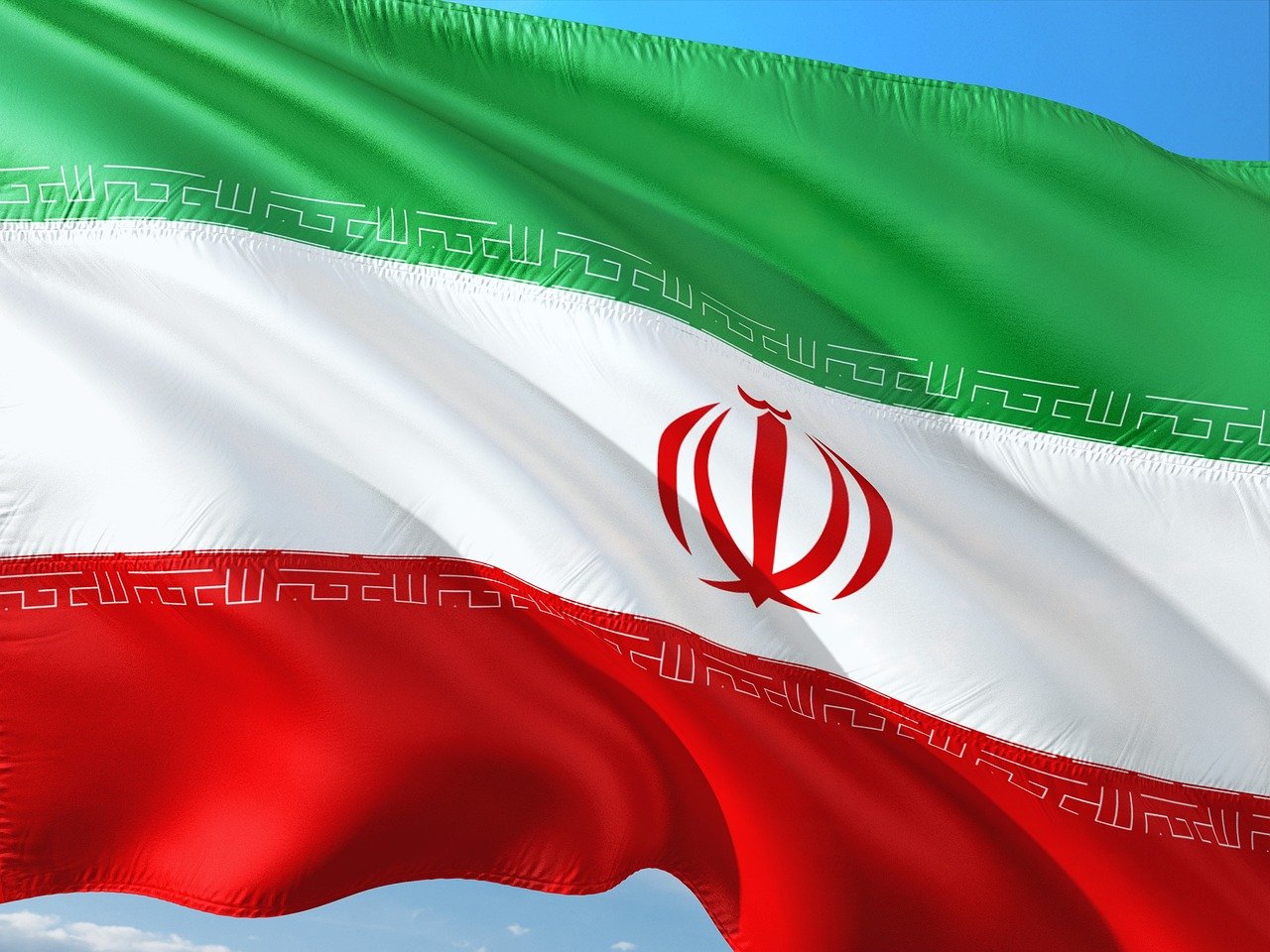QATAR (CONVERSEER) – Iran has launched a salvo of missiles at the US-run Al Udeid Air Base in Qatar, in what it described as a response to American airstrikes on its nuclear facilities over the weekend.
Qatari authorities confirmed the missile attack on Monday, condemning it as a “flagrant violation” of the country’s sovereignty and warning that Doha reserves the right to respond directly. The Qatari Ministry of Defence stated that all incoming missiles were successfully intercepted and there were no casualties.
The Pentagon also confirmed the incident, saying there were “no reports of US casualties” and minimal damage at the base.
The attack marks a significant escalation in tensions between Tehran and Washington, coming just two days after the United States carried out large-scale airstrikes on three Iranian nuclear sites. The strikes, ordered by President Donald Trump, targeted facilities including the underground Fordo nuclear complex.
In a rapid response to the developments, President Trump convened an emergency meeting with top defence officials in the White House Situation Room. Speaking on his Truth Social platform shortly after, Trump described Iran’s retaliatory strike as a “very weak response” and thanked the Iranian government for “giving us early notice.”
“Iran has officially responded to our Obliteration of their Nuclear Facilities with a very weak response, which we expected, and have very effectively countered,” Trump said. “No Americans were harmed, hardly any damage was done. No Qataris were killed or wounded either.”
He added that 14 missiles were launched, with 13 intercepted and one veering off course harmlessly. The president also expressed optimism for regional stability, writing, “CONGRATULATIONS WORLD, IT’S TIME FOR PEACE!” and thanked the Emir of Qatar “for all that he has done in seeking Peace for the Region.”
Despite the strike, the US embassy in Doha lifted its earlier shelter-in-place advisory, announcing that normal operations and consular services would resume on Tuesday. However, Qatari airspace remains temporarily closed, with travellers advised to monitor official updates.
The Supreme Leader of Iran, Ayatollah Ali Khamenei, defended the missile strike, stating on X (formerly Twitter) that Iran did not intend to harm anyone but would not tolerate aggression. “We will not accept aggression from anyone under any circumstances,” he said, calling the action a matter of national logic.
The geopolitical fallout is being felt across the region. Israel has reportedly intensified its military campaign against Iran, with strikes on “access routes” to the Fordo nuclear site and Tehran’s Evin Prison. Israeli officials claim their operations aim to neutralise what they call Iran’s growing threat in the region.
Rhodri Ogwen Williams, a Welsh expatriate living in Qatar, described the dramatic moment when the missiles were intercepted. “We were just on the fourth hole at the Doha Golf Club when we saw the missiles coming in. At least two or three were visibly shot down,” he told the BBC. “This is very worrying, not just for Qataris, but also for surrounding countries like Bahrain and Kuwait.”
Meanwhile, Lebanese Prime Minister Nawaf Salam was diverted to Bahrain after Qatari airspace was shut in anticipation of the strike, a Lebanese official confirmed.
Analysts say Iran’s response was calculated to show resolve without provoking full-scale conflict. “This was clearly a calculated and choreographed response by Iran,” wrote the BBC’s Frank Gardner. “The ball is now in President Trump’s court.”
As both sides signal restraint, international observers hope the worst has passed, but the Gulf remains on edge amid fears of further retaliation.




